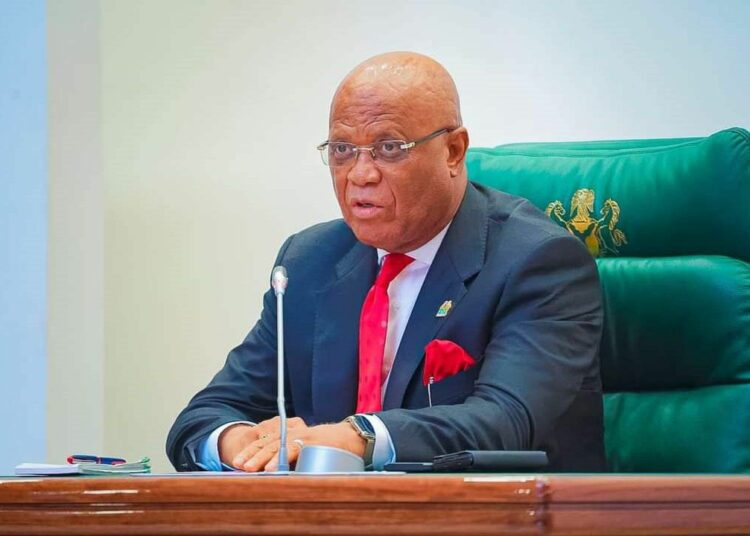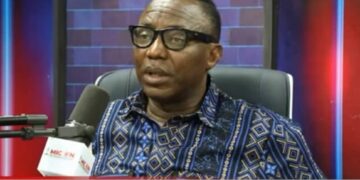As the Akwa Ibom State government tinkers with sustainable youth development policy, stakeholders, civil society organisations (CSOs), local and international non-state actors and policy makers have underscored the need for an implementable framework.
The governor Umo Eno-led government has expressed its administration’s determination to create a functional youth-driven economy through job and skills empowerment, and solicited for a holistic action towards achieving the 2025 – 2035 sustainable youth development agenda.
After carefully reviewing and validating the state youths’ policy, the conferees at the two-day high-level stakeholders round table meeting at the D’Angelo Hotel, Uyo, the Akwa Ibom State capital, urged the government to create clusters of youths with recreational schemes across the 10 federal constituencies for easy engagement.
The forum, organised by the Ministry of Youth Development in collaboration with the Clement Isong Foundation (CIF), ActionAid, the Nigeria, Youth Pride, and other partners, noted that youths are imbued with much energy that could be deployed into negative ventures if not engaged and properly harnessed.
The communique at the end of the meeting, signed by the commissioner for youth development, Dr. Ekerette Ekanem, and over 30 youth groups, CSOs, and other allied organisations and institutions, made a case for a comprehensive youth development framework for government implementation.
“The policy must be inclusive, data-driven, evidence-based, and aligned with the Sustainable Development Goals (SDGs),” the stakeholders noted.
Towards an effective youth development roadmap, the reviewers of the draft policy stressed the need for sustainable financing, reliable data, and broad stakeholder engagement after a clause-by-clause analysis of the document.
Assuring that the framework was in line with recognised best practices and standards to serve as a credible guide for government, private sector, and development partners’ engagement in youth development, the conferees noted that “local government councils have an important role to play in implementation, alongside relevant ministries, departments and agencies (MDAs).
Other resolutions reached included the “incorporation of a SMART framework with measurable goals and timelines to strengthen delivery and accountability.”
They also advocated for a Youth Advisory Board (YAB) to provide oversight and advisory inputs and for the development of a Youth Data Bank (YDB) to aid identification and grouping of youths into demographics such as age, gender, location, education level, employment status, disability status, and others “for evidence-based planning, targeted interventions, and effective monitoring of youth development in the state.”
“Representation of donor partners on the Transparency Committee can reinforce confidence in fund
utilization.
“Gender-responsive and disability-inclusive approaches are integral to ensuring equitable opportunities
for all youths. A regularly updated and disaggregated youth database is essential for evidence-based decision-making.
A comprehensive Disability Law would help safeguard the rights of youth with disabilities. Inclusion of non-indigenes who have been resident in the state for up to seven years in community-based
youth programmes strengthen social cohesion and prevent marginalisation,” the communique stressed.





